Author: Erick
-
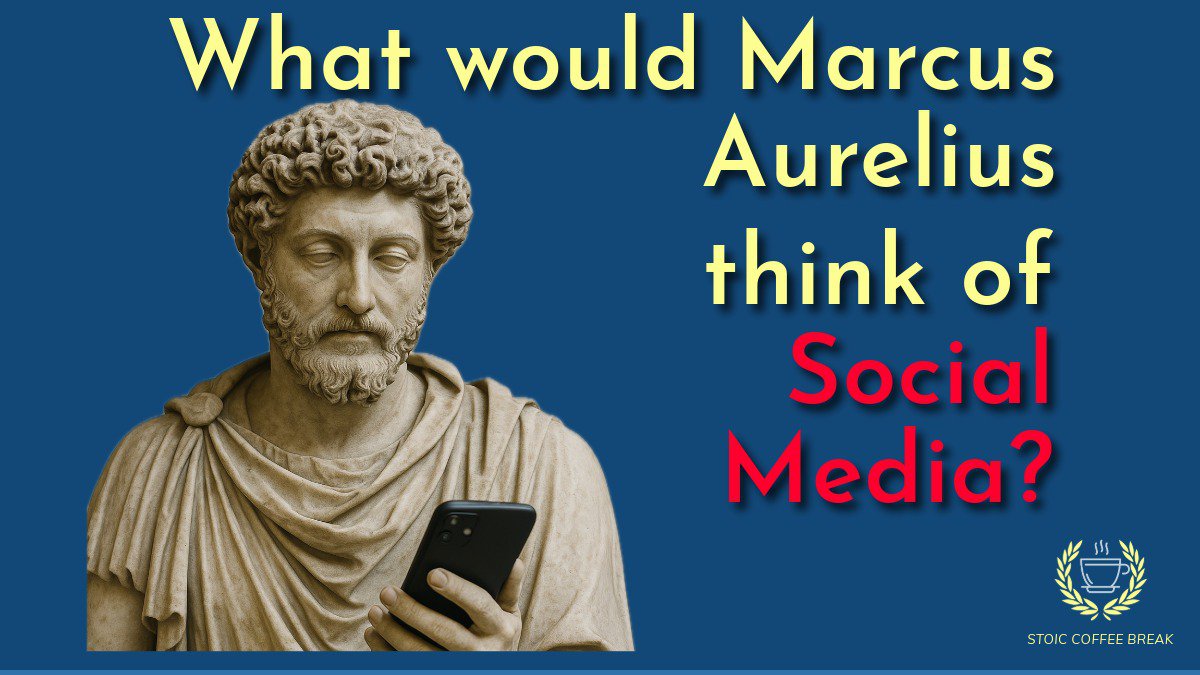
338 – Q & A: Am I Stoic Enough?
Join us on this week’s Stoic Coffee Break podcast as we tackle questions about handling criticism, measuring personal growth, and Marcus Aurelius’ take on social media. Dive into stoicism over a coffee break and discover ways to live a more thoughtful life.
-
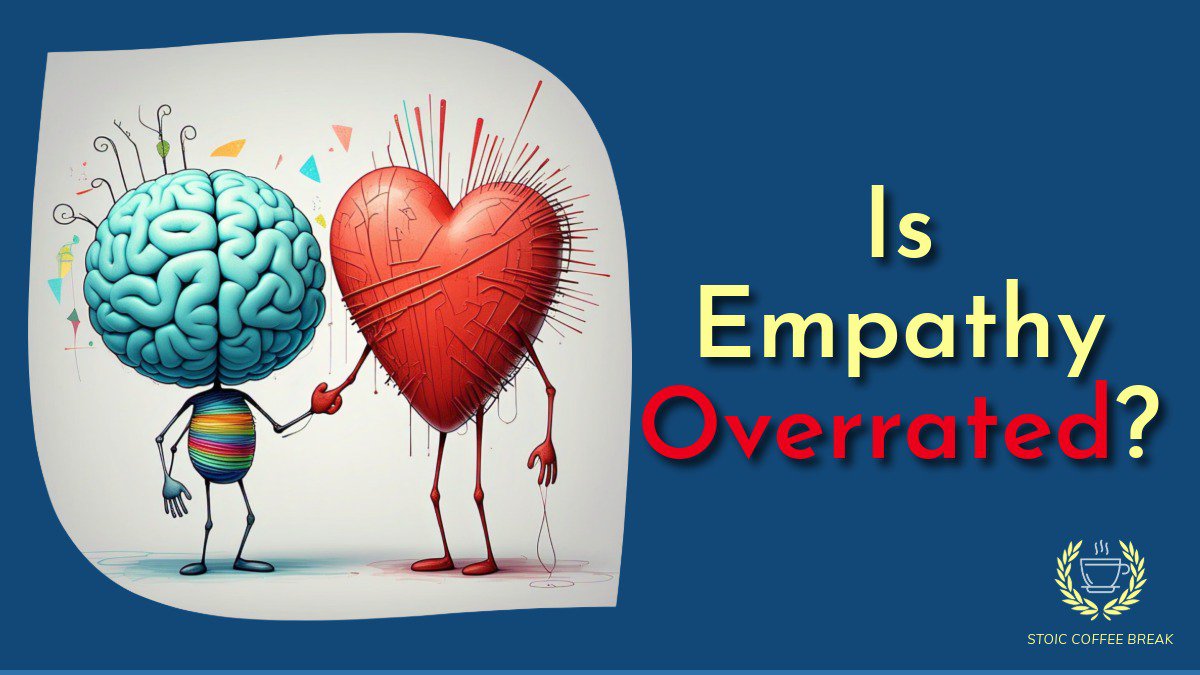
337 – Evil Is the Absence of Empathy
“Wherever there is a human being, there is an opportunity for kindness.” —Seneca In an age of outrage, empathy faces scrutiny. Is it a liability or the key to preserving humanity? Dive into the critiques and defenses of empathy, exploring its role in justice and the common good. Discover why we might need a deeper,…
-
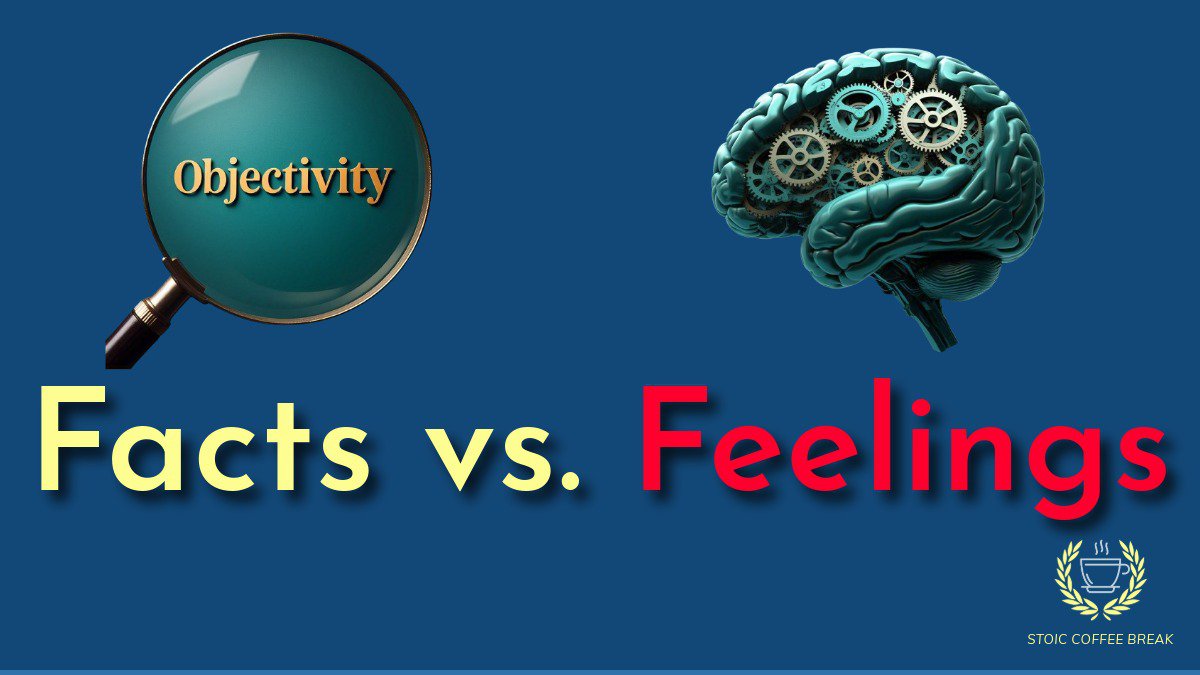
336 – Facts and Feelings: The Power of Objectivity
“Between stimulus and response, there is a space. In that space is our power to choose our response. In our response lies our growth and our freedom.” —Viktor Frankl The Stoics place a premium on rationality and objectivity to help manage our emotions. But how do we develop that objectivity? Why should we practice become…
-
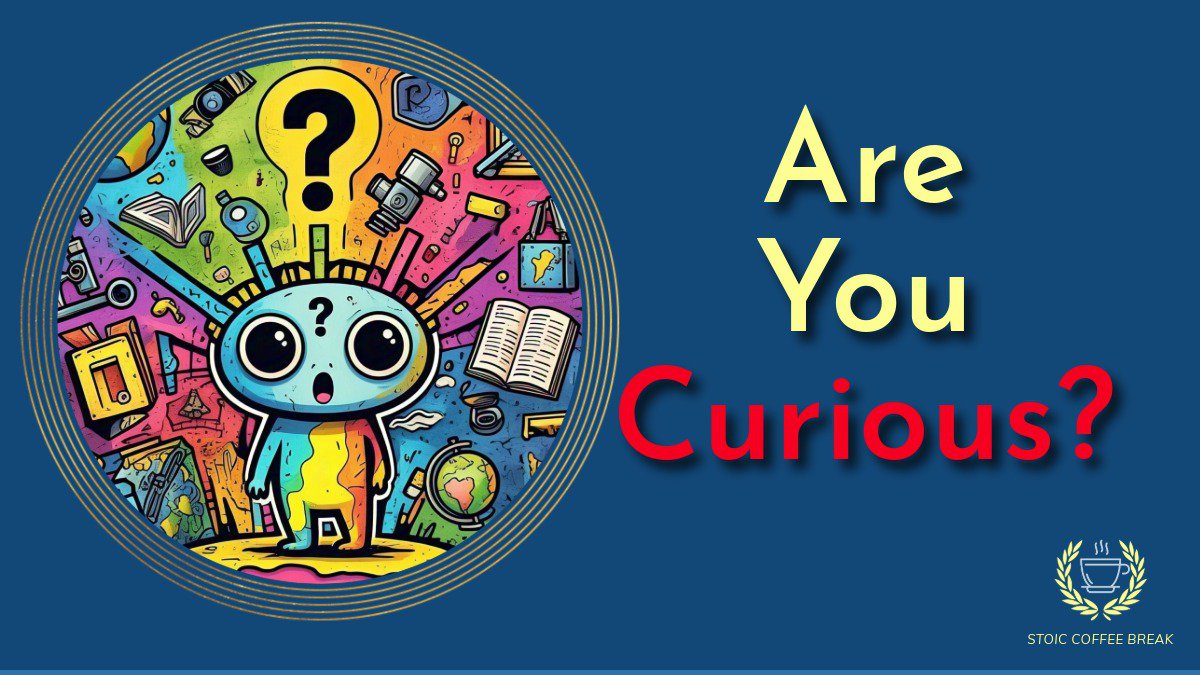
335 – Stay Curious: The Stoic Case for Asking Why
Socrates was considered the wisest man in Athens, not because he knew everything, but because he was curious. Discover how curiosity can be your greatest asset for personal growth. From challenging assumptions to embracing new perspectives, learn how this key trait leads to wisdom and joy. Let’s shake off routine and stay curious!
-
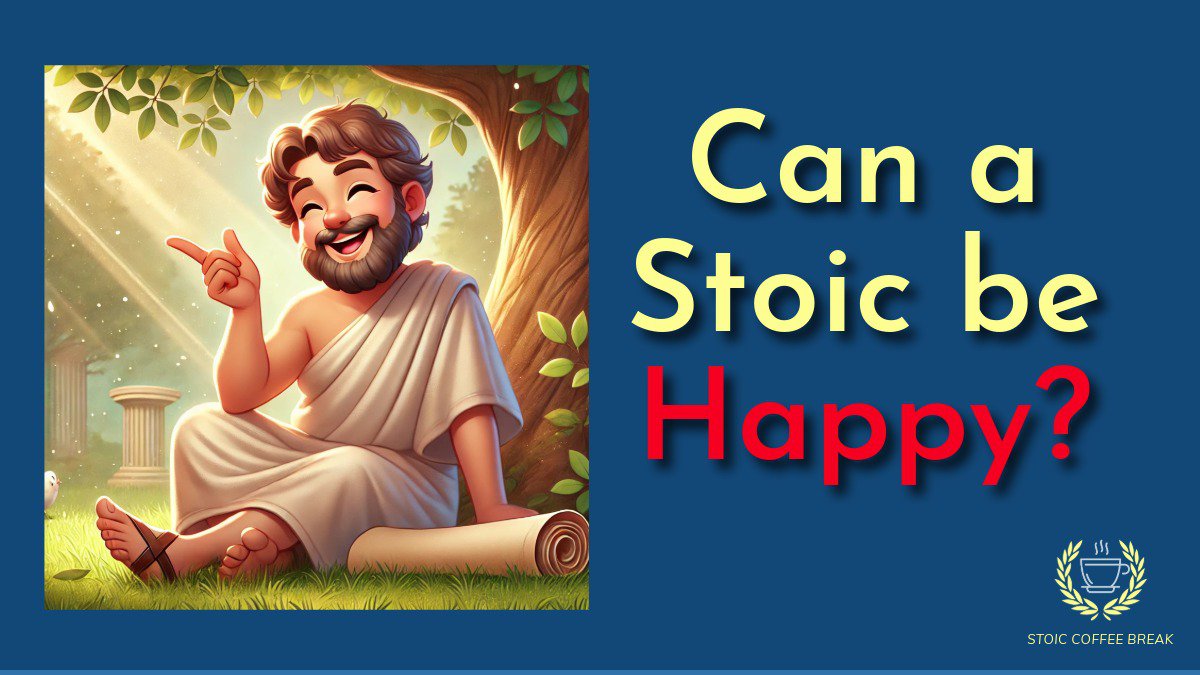
334 – Serious Joy: A Stoic’s Unexpected Superpower
Explore how Stoicism, often seen as emotionally detached, can actually be a pathway to genuine joy. Learn how Stoic principles like perspective, acceptance, and gratitude can help you overcome fear, find happiness, and thrive in life.
-
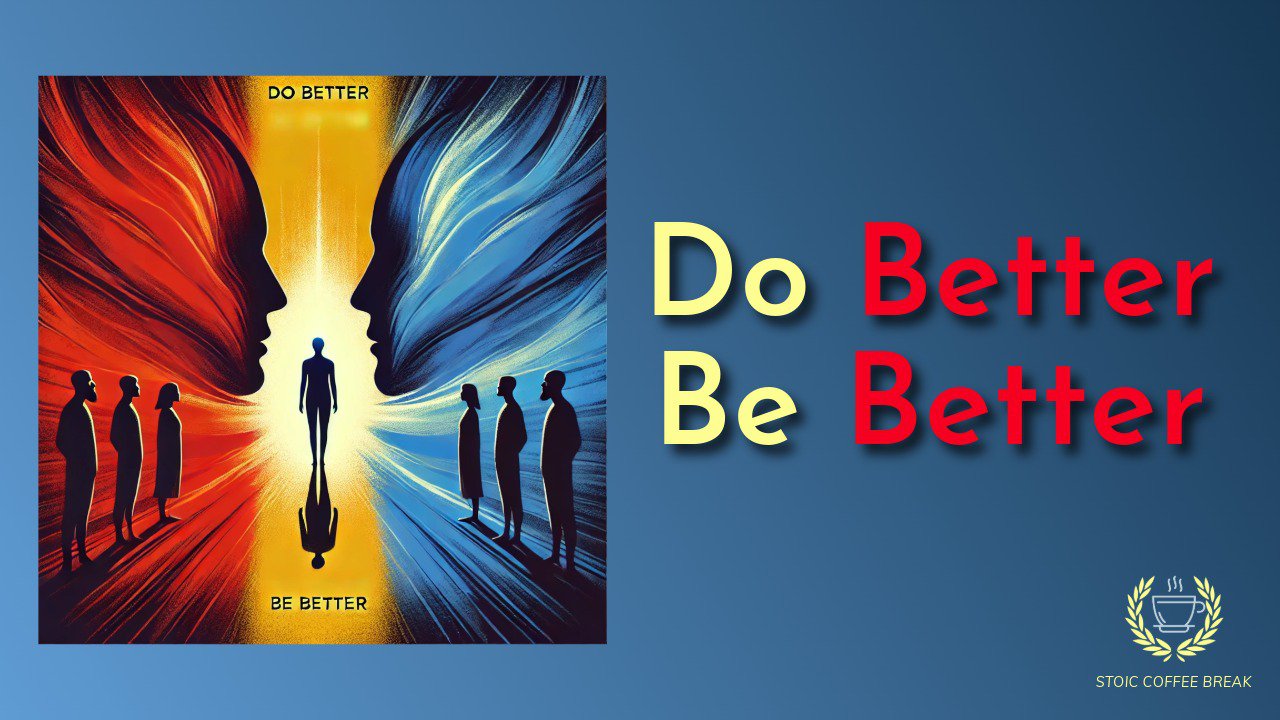
333 – Do Better, Be Better: Maintaining Stoic Virtue in Times of Turmoil
In times of political division, it’s tempting to let anger and fear drive our actions. But what if we embraced Stoic principles instead? Explore why maintaining wisdom, justice, courage, and temperance is essential for a better society. Discover how to rise above tribalism, fear, and cruelty to create real, impactful change. Raise the bar –…
-
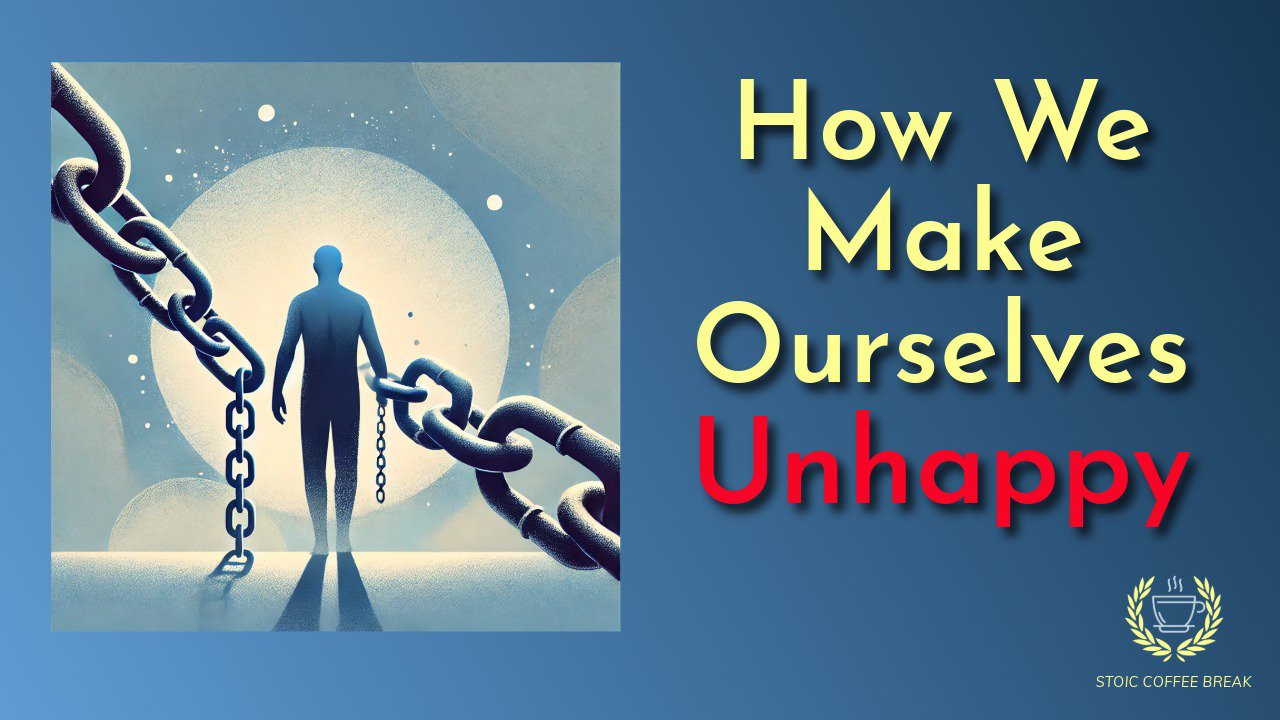
331 – How We Make Ourselves Unhappy
Happiness often eludes us not because life is inherently unfair, but due to our own expectations and perceptions. The Stoics teach that by letting go of these expectations and embracing what comes, we can find true peace and contentment.
-
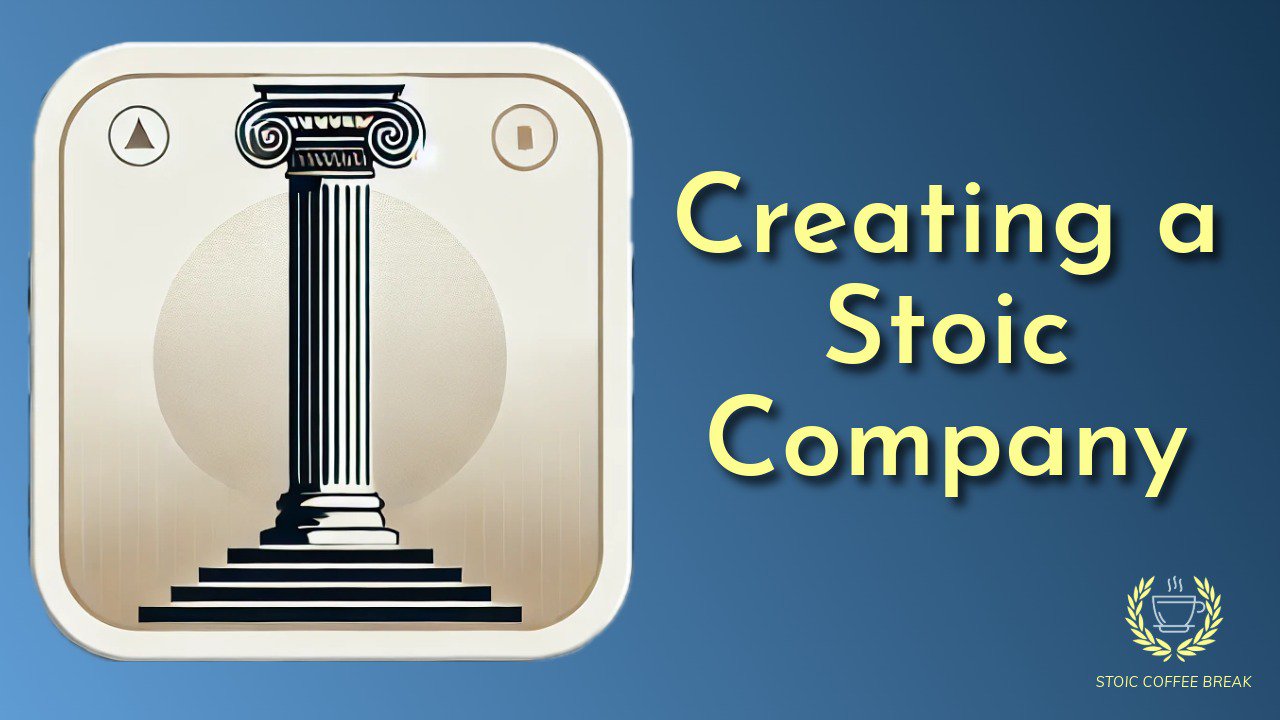
332 – Creating a Stoic Company: Interview with Geoff Roberts from Outseta
In this insightful interview, Geoff Roberts of Outseta discusses how Stoic principles shape his company’s unique approach to business. By prioritizing transparency, eliminating hierarchy, and fostering a strong sense of ownership among employees, Outseta exemplifies a harmonious blend of personal growth and professional success. Discover the transformative power of Stoicism in creating a sustainable and…
-
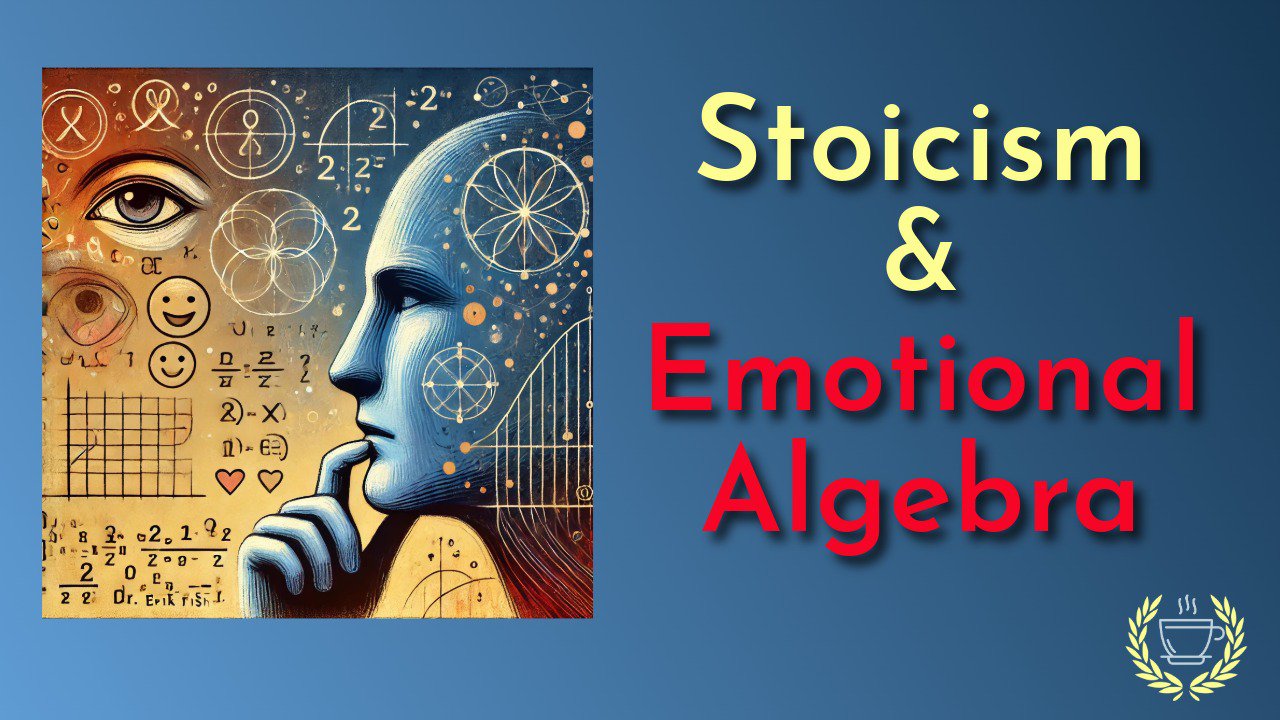
330 – Emotional Algebra: Interview with Dr. Erik Fisher
Explore the transformative power of Stoicism in enhancing mental health with insights from Dr. Erik Fisher. Discover how understanding and embracing emotions can lead to profound personal growth and resilience. Learn practical techniques on how to use Stoicism for better mental health and navigate life’s challenges with wisdom and grace.
-
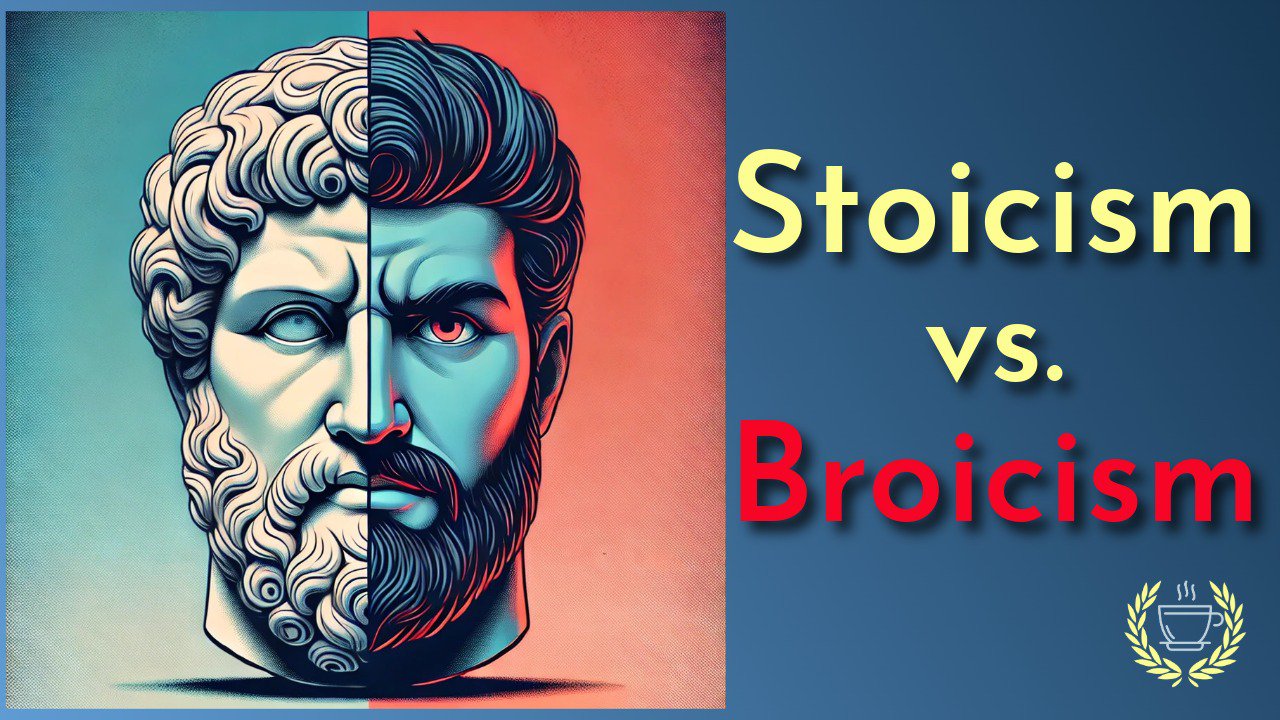
329 – Stoicism vs. Brocism
Stoicism, often misunderstood and misused in today’s hyper-masculine culture, teaches us the importance of self-awareness, resilience, and compassion. True Stoicism is about controlling our thoughts and actions while treating others with kindness and humility. By embodying wisdom, courage, justice, and temperance, we can navigate life’s challenges with grace and integrity.